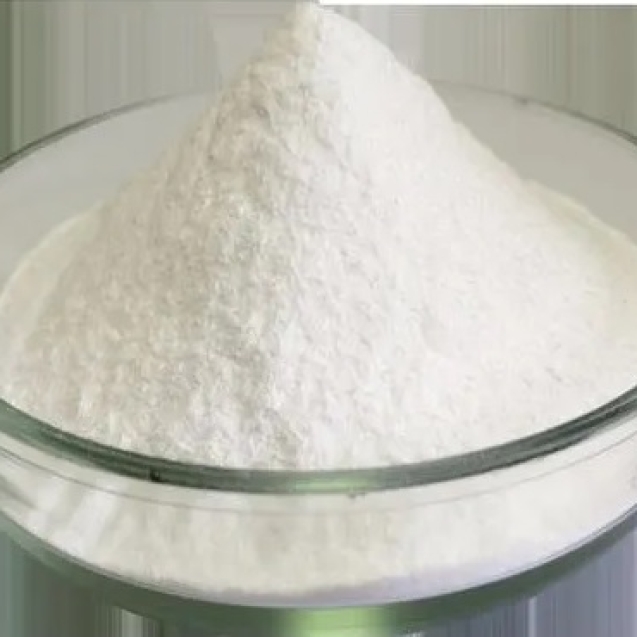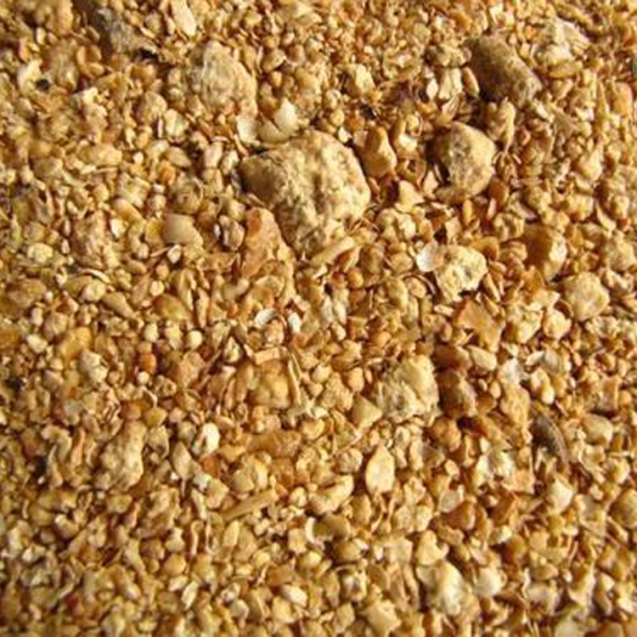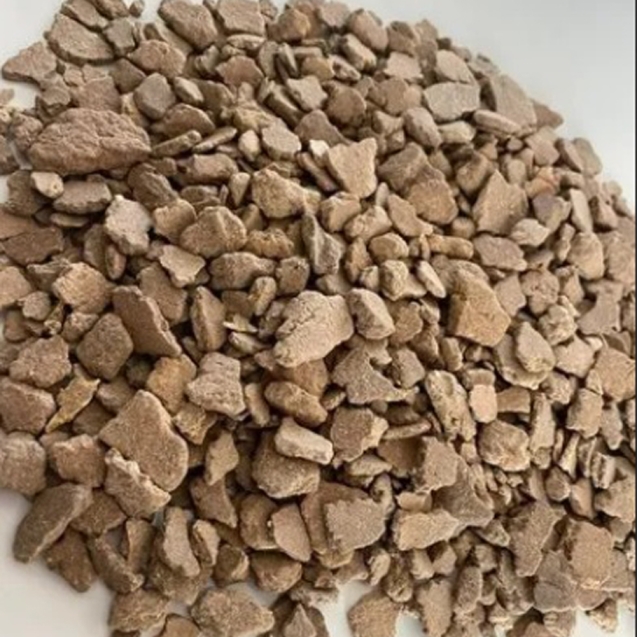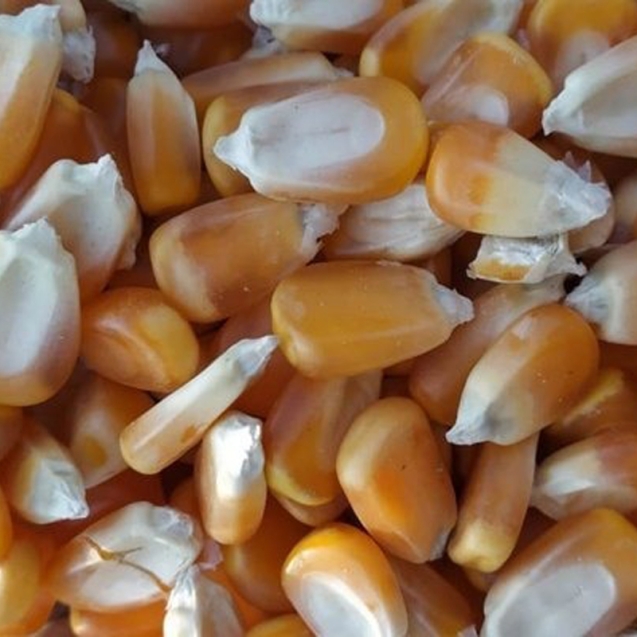HomeProductsPoultryPoultry Feed AdditivesSpirulina for Animal Feed
Spirulina for Animal Feed
₹1,500.00
Spirulina may be an interesting supplement alternative for pasture based diets. Australian dairy industry relies heavily on pastures as the main feed base for dairy cow production.
However, energy intake in these systems is limited. Cows tend to suffer from a negative energy balance due to insufficient dry matter intake which later results in a drop in milk production and poor reproductive performance.
Spirulina is a highly nutritious food source rich in proteins, lipids, minerals and vitamins. Therefore, it meets the criteria to be considered as a potential and novel food source alternative for the dairy industry.
Up until now according to scientific advances, there is still a lack of experimental information on the productive response of dairy cows with lactation diets based on grazing and the inclusion of spirulina. There is a need to understand the influence of spirulina inclusion in lactating cows’ diets, in order to determine how it affects dairy production parameters and live weight.
Spirulina contains between 7 and 11% lipids with a saponifiable fraction of 83% and 17% of non-saponifiable fraction. In addition, spirulina is a rich source of oleic, linoleic and linolenic acid.
There is currently a high demand for spirulina products for human consumption, and this has led to a rebound in the price of spirulina.
In regards to animals, this same product in powder form is undesirable because they find an unpleasant smell in it.
Spirulina & milk composition
Milk is an aqueous substance which is synthesized by secretory epithelial cells in the mammary gland of a cow after calving.
Milk composition is as follows:
Water (87,3 %).
Fat (3,9 %).
Protein (4 %).
Non-fatty solids (8,8 %).
Milk fat and protein are the most important dairy solids required by most dairy farming schemes around the world. Both are mainly affected by the nutrition and lactation status of cows.
⇒Low fat and protein levels in milk are usually important in herds with seasonal calving where adequate dry matter and energy intake are limited.
As mentioned before, spirulina is a rich source of protein, and can be used as a protein supplement to increase milk production and protein. It has been shown that milk production can increase up to 1.5 L/kg of protein supplement. Feeding protein supplements in early-production cows led to an increase of between 0.4 and 1.8 kg of milk/kg of spirulina supplement.
All of these results were mainly due to increases in dry matter intake and metabolize energy rather than the effect of protein content in the diet.
However, conflicting findings in previous studies indicate the need to further investigate the effects of Spirulina platensis diets on lactation parameters, in order to unravel and understand this intricate relationship.
It was concluded with this study that spirulina is a rich source of protein, fatty acids, minerals and vitamins. Which makes it a potential nutrient-rich food resource for the grass-based dairy industry.
Spirulina supplementation experiments had focused mainly on: poultry, rabbits, fish, sheep and beef cattle, paying very little attention to dairy cattle.
Min order: 1Kg

 Cart is empty
Cart is empty 




Reviews
There are no reviews yet.